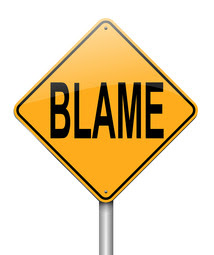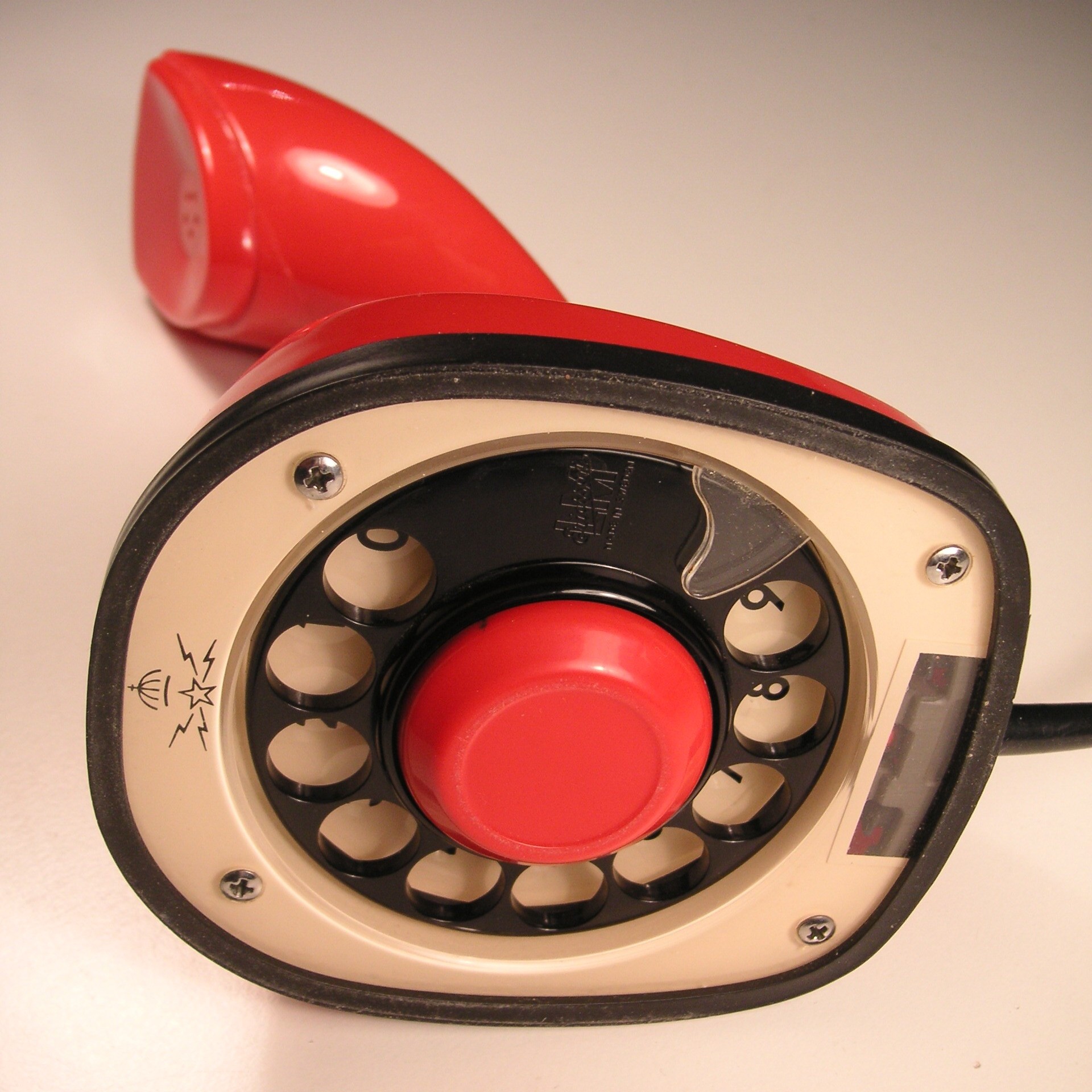Some of my most difficult cancer days, emotionally speaking, occurred a couple of months after I was diagnosed. I've had worse days physically, but one of my most difficult emotional/physical blows was due to hand tremors. Sounds innocuous right? But it wasn't.
Early in my cancer treatment I ended up in the E.R. with a collapsed lung and septic shock, among other things. That made me very weak. While I was in rehab to regain my strength I began having hand tremors and face tremors. At first they were only occasional, but gradually they became more frequent and severe.
Face Tremors
In hindsight, the face tremors seem to have been tied to low blood sugar. I had been put on steroids after Whole Brain Radiation and the steroids sent my normal blood sugar extremely high.
So of course, they needed to treat me with insulin until we could get off the steroids. Discontinuing the steroids must be done slowly. So little by little they reduced the steroids, but it was hard to titrate the insulin to match.
Sometimes they got it wrong. Sometimes I could feel my blood sugar crashing, and the sure physical sign of it was the muscles of my face twitching. People could see my face twitching. That was the signal that I needed to get some food right away before my blood sugar tanked. The face twitching was a good signal of impending low blood sugar, like a canary in the coal mine. It also told us when my blood sugar returned to normal because the face-twitching would stop.
Low blood sugar often accompanied a physical therapy session, so we learned to take some extra food before P.T. But I often had a drop in blood sugar right before bedtime too. We learned to keep some cottage cheese and crackers or a half of a peanut butter and jelly sandwich at hand, just in case.
Eventually, as my steroid dose petered out, we discontinued the insulin. Before long, the face twitching went away. It had never been severe but it had definitely been noticeable; my kids would remark on it. I think it saved us some significant blood sugar crises. Still, I was glad when my blood sugar went back to normal and that symptom went away.
Hand Tremors
The hand tremors, however, didn't go away when my blood sugar normalized. They were a thousand times worse than the face tremors and even more noticeable. Long after the steroids stopped, my blood sugar returned to normal and the face tremors stopped, but I continued to have hand tremors. Something else was going on.
Instead of getting better, the hand tremors got more severe. They got so bad that they became exhausting and painful. They kept me from doing just about every activity, which I just
hated. I was too physically weak to go for a walk, I couldn't focus enough to read a book, my hands were too shaky to work at a computer, and I could barely even sign my name. If I went out in public, people would stare at me because of the tremors. I became very self-conscious.
The worst aspect of it was that my hands and arms got exhausted and sore from all the shaking. Each day my hands and arms felt like they ran multiple marathons. Even just watching T.V. or trying to go to sleep at night was problematic. Eventually I got some heavy hand weights so I could weigh down my hands enough to lessen the shaking. Or I sat on my hands to keep them still and give my poor arms a rest. I was truly
miserable.
The Solution
My palliative care nurse was incredible. Everyone else assumed the hand tremors were a product of my cancer and general weakness, but she challenged that. She thought that the tremors might be a side effect of one of my medicines. She did some research and sure enough, one of the anti-nausea medications I was taking had hand tremors as a possible
side effect.
Discontinuing anti-nausea medication was not an option. I regularly vomited from the side effects of my crizotinib TKI. My cancer meds weren't going to do me any good if I couldn't keep them down.
So she asked my oncologist to switch anti-nausea medications for me. I had been on compazine, and she had me switched to ondansetron. She also added a small optional dose of ativan to my medications in hopes that it would help relax me enough for the tremors to go away and help me go to sleep more easily.
It worked. The hand tremors went away! It didn't happen overnight; it took a couple of weeks for it to slowly wear off, but soon my hands went back to normal. Once in a great while if I'm extremely tired I'll get a little echo of my tremors, but
nothing like what I had experienced before.
I think this shows that I have an underlying tendency towards tremors when extremely fatigued or if I'm taking that medication. Change the medication and change your life!
Ditching the hand tremors was the BEST gift I could have received. I could finally start
doing things and living life again. I was no longer a passive wimpy little patient who could only wait around for death. I was still weak but at least I could hold a book and read again, write again, feed myself again, and fix my own food again. It was so meaningful to get back that small bit of independence! It made such a difference in my spirits and gave me the strength to persevere with my physical therapy. Little by little I recovered my strength, my ability to walk, and to just participate in life again.
All Hail Palliative Care!
I'm not sure anyone else would have even thought that hand tremors could be a side effect of a medication, but my wonderful palliative care nurse figured it out. This possibility never even occurred to me. Nor did it occur to my oncologist.
So now I need to put in a plug for palliative care. Far too many people delay or avoid getting palliative care because they think it is the same as hospice care. No, agreeing to palliative care doesn't mean you are giving up on life or that you are just waiting around to die. It just gives you more resources and assistance in living with cancer. It looks for ways to improve the quality-of-life things that make such an emotional and physical difference.
My health has improved enough that I'm no longer receiving palliative care, but I won't hesitate to start it up again when I need it. I doubt if my nurse will ever see this, but a giant Thank You to Nurse Christie and "Nurse Christies" everywhere! Palliative care can be truly invaluable.












